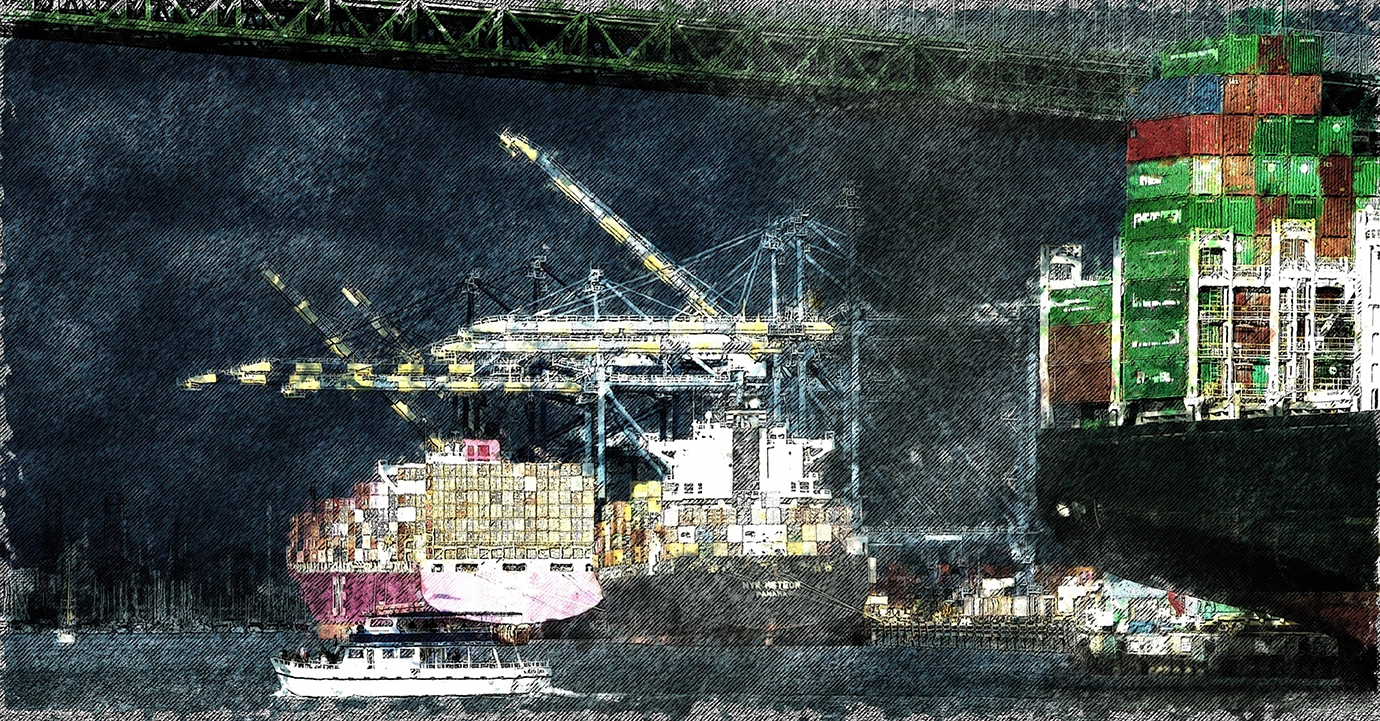Arbitration and China’s Global Business†
Table of Contents
Estimated Reading Time
- 6 min

The growing importance of global business to China makes it crucial for the country to show its commitment to recognize and enforce foreign arbitral awards. Since 1987, China has been a contracting state of the United Nations Convention on the Recognition and Enforcement of Foreign Arbitral Awards (commonly known as the “New York Convention”), which requires each of its more than 170 contracting states to ensure that its judiciary recognizes and enforces an arbitral award made in the territory of another contracting state, unless refusal to do so is on the grounds stated in the convention.
“[…], the approach taken by the Chinese judiciary to interpret [the ‘public policy’ exception] directly influences foreign parties’ level of confidence in doing business with China.”
One ground for such refusal is: “[t]he recognition or enforcement of the award would be contrary to the public policy of [the contracting] country” (“the ‘public policy’ exception”). As the New York Convention does not provide further details about this exception, the approach taken by the Chinese judiciary to interpret it directly influences foreign parties’ level of confidence in doing business with China. A case released by the highest court in Jiangsu Province sheds light on the interpretation of this exception.
Foreign Arbitral Awards and Chinese Courts
According to a report released by the Supreme People’s Court in early September, courts in China ruled to recognize and enforce a total number of 69 foreign arbitral awards in 2023. These awards were issued in India, Japan, Singapore, the United Kingdom, and many other countries. Only three other foreign arbitral awards were not recognized or enforced for various reasons, including: the application for such recognition and enforcement was not filed within the required period, the identity of the respondent could not be ascertained (making it impossible to determine the Chinese court’s jurisdiction), and an application to revoke the arbitral award had been filed with a court in the country where the award was made.
The fact that almost all foreign arbitral awards were recognized and enforced led the Supreme People’s Court to draw this conclusion:
Courts across the country [i.e., China] have performed in good faith the obligations under the New York Convention, […] reflecting the maturity of [… related] thought processes during adjudication and further demonstrating the friendly attitude and responsibility of a major country in fulfilling treaty obligations in good faith.
While the report provides some court cases decided by the Supreme People’s Court or lower-level courts in different provinces to illustrate how select provisions of the New York Convention were considered by the Chinese judiciary, none of these cases concern the “public policy” exception.
“[…], a representative case released by the High People’s Court of Jiangsu Province […] should be noted, as this case explains the interpretation of the ‘public policy’ exception.”
The report does praise select local courts’ release of their representative cases because these cases help “promote the unification of adjudication standards”. Given this recognition of local courts’ rulings regarding the New York Convention, a representative case released by the High People’s Court of Jiangsu Province (“the Jiangsu case”) should be noted, as this case explains the interpretation of the “public policy” exception.
The Jiangsu Case
The Jiangsu case, together with a few other cases decided by courts in Jiangsu Province, was released by the High People’s Court of Jiangsu Province in December 2023. The case concerns a dispute arising from a patent licensing agreement, which stipulated that any dispute arising from the agreement had to be submitted to the International Chamber of Commerce for arbitration in Amsterdam, the Netherlands. A dispute arose and an arbitral award was finally issued in favor of the licensor.
When the licensor applied to the Intermediate People’s Court of Nanjing City, Jiangsu Province, for recognizing and enforcing the arbitral award, the licensee argued that recognition or enforcement of the award would be contrary to China’s public policy because the award was based on the arbitral tribunal’s wrong application of China’s Patent Law. According to the Patent Law, any transfer of patent rights takes effect from the date of registration. In this case, the licensor and the previous owner of the patent rights at issue conducted a transfer of the patent rights but the transfer was not registered. Therefore, the licensor did not actually have the patent rights that the licensor sought to license via the agreement at issue.
After pointing out that both China and the Netherlands are contracting states of the New York Convention, the Intermediate People’s Court of Nanjing City ruled to recognize and enforce the award despite the arbitral tribunal’s failure to understand that the licensor did not have the patent rights in the first place. The court further explained:
[The phrase] “contrary to China’s public policy” refers to such situations as violations of basic principles of Chinese law, infringement of China’s sovereignty, endangerment of national and social public security, or violations of good customs.
The foreign arbitral award in this case [is based on] a misunderstanding of the mandatory provisions of Chinese law but did not harm China’s fundamental social interests. This does not constitute a violation of China’s public policy. [This court], therefore, rules to recognize and enforce the arbitral award.
The High People’s Court of Jiangsu Province commended the above ruling because it “reflects Chinese courts’ strict and prudent application of public policy as well as their good faith in performing international treaty obligations”.
As the policy decision adopted during the third plenary session of the 20th Central Committee of the Communist Party of China held in July 2024 emphasizes the need to “strengthen the rule of law development in foreign-related matters” by, among other measures, “improving the system for international commercial arbitration” in the coming years, Chinese courts are expected to continue avoiding the application of the “public policy” exception. This should be good news for parties seeking to recognize and enforce foreign arbitral awards in China.
- The citation of this article is: Dr. Mei Gechlik, Arbitration and China’s Global Business, SINOTALKS.COM®, In Brief No. 48, Sept. 25, 2024, https://sinotalks.com/inbrief/arbitration-global-business.
The original, English version of this article was edited by Nathan Harpainter. The information and views set out in this article are the responsibility of the author and do not necessarily reflect the work or views of SINOTALKS®. ↩︎





